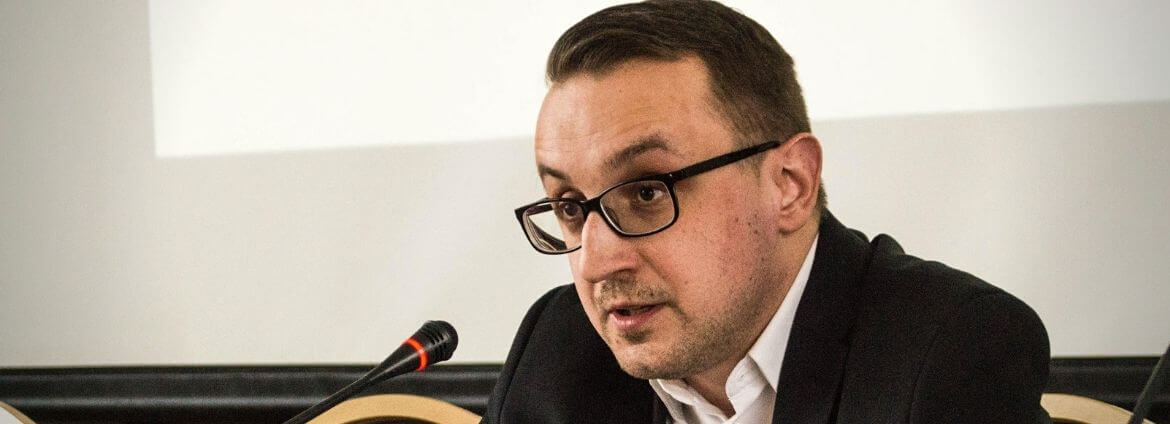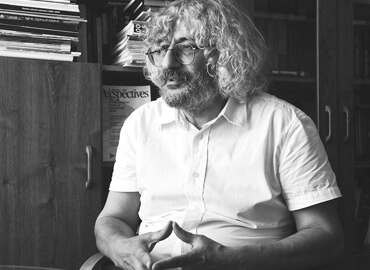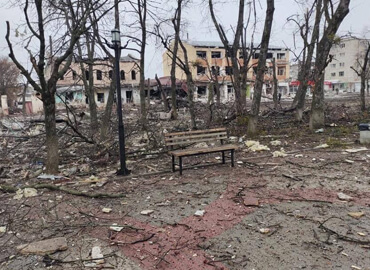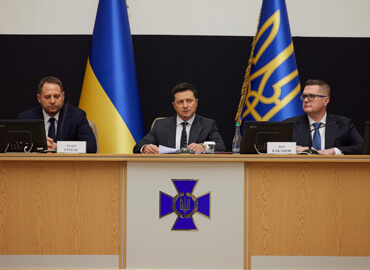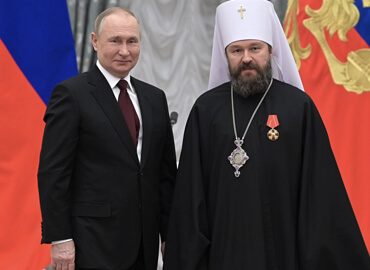Conducting independent sociological research is a very difficult task under the Belarusian authoritarian system. When it comes to the study of the political views of Belarusians, including electoral preferences, it is considered nearly impossible.
The Belarusian regime, relying on old, tested Soviet experience, rightly believes that free sociology can really threaten the system, since information available to everyone about the current mood in society can reduce the already low authority of the authorities, especially that of President Alexander Lukashenko personally. Therefore, for many years, Belarusian independent sociologists have not been able to afford the luxury of conducting a full-scale poll that would ask respondents to answer «uncomfortable» questions from the point of view of the authorities. Nevertheless, despite the unfavorable conditions, this kind of «risky» study, commissioned by the Center for Eastern Studies (OSW) in Warsaw, was conducted late last year using the only format currently available – a telephone survey.
The questions asked were aimed, first, to determine the current attitude of Belarusians to their closest neighbors and more distant countries, to themselves, and more on their views generally. The answer to questions posed in this way is particularly important because it concerns the still rather poorly understood self-identification of Belarusian society in a modern international context – especially given the deep crisis in relations between Minsk and the West and the growing influence of Russia.
The results obtained during the poll showed a rather strong immunity of most Belarusians to the unambiguously negative message of the regime’s propaganda towards the West, which is practically accused of trying to export «color revolutions» to a «stable» Belarus or even of preparing an armed attack.
It should be noted that Lithuania and Poland, which are at the forefront of the information war, are assessed positively or relatively positively by most respondents (66 and 73%, respectively). The U.S., represented in Belarusian state media as the “overseas patron saint” of Warsaw and Vilnius, also received positive ratings of almost 60%. Even more positive results were revealed when asked about the attitude towards the citizens of these states, which most likely follows from the tolerant (or even friendly) approach to foreigners, traditional for Belarusians and inherent in their character.
An additional confirmation of the strength of this position, also noted in this survey, is the very good perception (about 70%) of exotic Chinese, who are more and more often found on the streets of Belarusian cities (primarily as investors).
The poll also confirmed the strong pro-Russian orientation of Belarusians, supported by a centuries-old tradition of cultural, historical, and political ties. Therefore, it is not surprising that 87% of respondents have a positive attitude towards Russia and almost 97% have a positive attitude towards Russians.
In this context, the responses to another, but also essential, question posed in this study is surprising. Over 40% of respondents consider Russia as the main threat to the country’s territorial integrity, and Poland and Lithuania, who are constantly accused of threatening Belarus’s sovereignty by Belarusian state media, took lower positions in this «negative» rating. And if skepticism about «Western conspiracies» inspired by propaganda can still be explained by the immunity of the majority of citizens to the promises of officialdom, then such a high level of mistrust in the same study towards Russia makes us seriously think.
An even bigger surprise according to the survey results were the associations of respondents with several countries, among which Russia again collected the largest number of negative reviews. Almost 16% linked their «Slavic brothers» with corruption, violence, a dictatorial regime and low living standards.
It can be assumed, although there is no unequivocal evidence, that this seemingly absurd contradiction testifies to some confusion in Belarusian society (first, among the numerous opponents of the regime) on the issue of «Russia» and «Russians».
Belarusians raised with a conscious pro-Russian attitude at the same time remember the sad events in Ukraine, provoked in 2014 by Russian intervention, which led to the annexation of Crimea and the war in the Donbass. Undoubtedly for many, the unclear role of the Kremlin in keeping the disgraced regime of Alexander Lukashenko afloat seems like a negative.
Therefore, Belarusians, who are friendly towards Russians, are simultaneously more and more afraid of their expansion (if not aggressiveness), which manifests itself not only at the state level, but also in everyday life. This kind of attitude towards life is incompatible with Belarusian moderation in words and deed.
In this context, the answer to the question about historical heritage, to which Belarus should (according to citizens) first appeal, seems very interesting. To the surprise of many who familiarized themselves with the results of the study, including the author of this article, almost 40% of those surveyed named the Grand Duchy of Lithuania as their historical heritage, whereas only 28% cited the USSR.
It turns out that a completely new trend has emerged in Belarusian society, until recently considered strongly Sovietized, which requires further, more in-depth research.
On the other hand, it cannot be ruled out that the decline in the authority of the Soviet era could also have occurred due to the previously mentioned confusion of many Belarusians trying to redefine their attitude towards Russia.
The slow, but still noticeable evolution in the attitude of Belarusians towards their eastern neighbor has not yet moved into the realm of geopolitical preferences, which additionally confirms the thesis, popular in the expert community, regarding the minimal significance of this factor in the Belarusian post-election crisis. 54% of respondents are still in favor of Russian-Belarusian integration within the Union State, with a similar level of positive perception of the European Union.
As a result, Belarusians retain, as identified in many previous studies, a balanced approach to their place in the region, realizing the fact that the country is located between East and West, on the edge of two different civilizations. In addition, it is worth paying attention to the rather high negative assessment of respondents towards the NATO alliance, which is assessed negatively by more than 50% of respondents. This minus could be considered about the only one revealed in the survey and demonstrates the success of state propaganda.
An important point of the study is determining the migration expectations of Belarusians. The results obtained in this part, albeit indirectly, confirm a growing skepticism towards Russia, or at least disappointment with the stagnation in the Russian economy. Most of the respondents chose EU countries first, including Poland, which is close in language and culture.
The study does not fully satisfy the demand for complex sociological information about Belarusians and, moreover, does not address many fundamental questions. However, in conjunction with other recent independent surveys (for example, those commissioned by the British center Chatham House), it contributes to a better understanding of changes in Belarusian society. As a result, from the data from recent studies a large picture of Belarusians emerges as conscientious citizens, increasingly hardened against the influence of the regime’s propaganda, free from absurd anti-Western phobias, and capable of critical thinking.
Kamil Klysinski,
Chief Specialist at the Center for Eastern Studies named for Marek Karp (Warsaw).
Материал доступен на русском языке: Здравый смысл преобладает: польский эксперт о новых трендах общественного мнения в Беларуси



